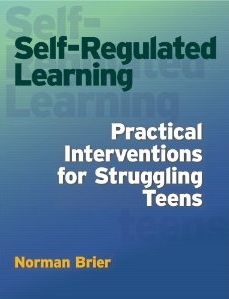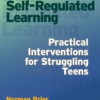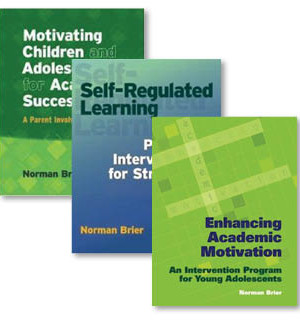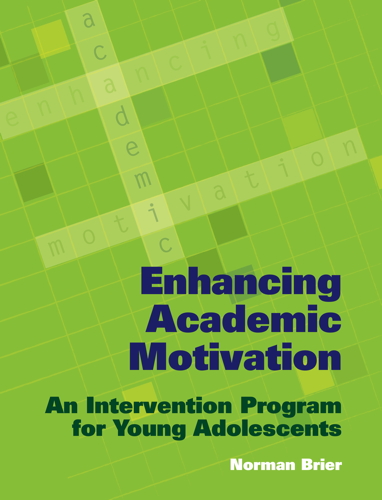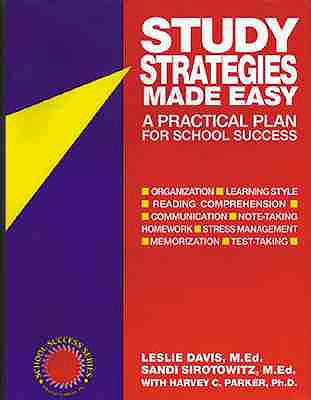This valuable resource offers a research-based approach for helping youth in grades 6-12 develop academic self-regulation skills—highlighting the relationship among choice, willpower, and effort.
Over 70 interventions are provided to enhance students’ self-control and self-discipline. The interventions are appropriate for use with individual students and are readily adaptable for small-group, classroom, and counseling settings.
Interventions address the following three skill areas:
- Planning Skills—Setting academic goals that are relevant, valuable, interesting, and achievable.
- Problem Solving Skills—Using strategies to attain goals, overcome problems, make adjustments, and get help when necessary.
- Self-Evaluation Skills—Comparing results of efforts with intentions and attaching meaning to outcomes.
While reproducibles are now available as a download, an accompanying CD with all the reproducible questionnaires, checklists, and program forms may be included with the book.

